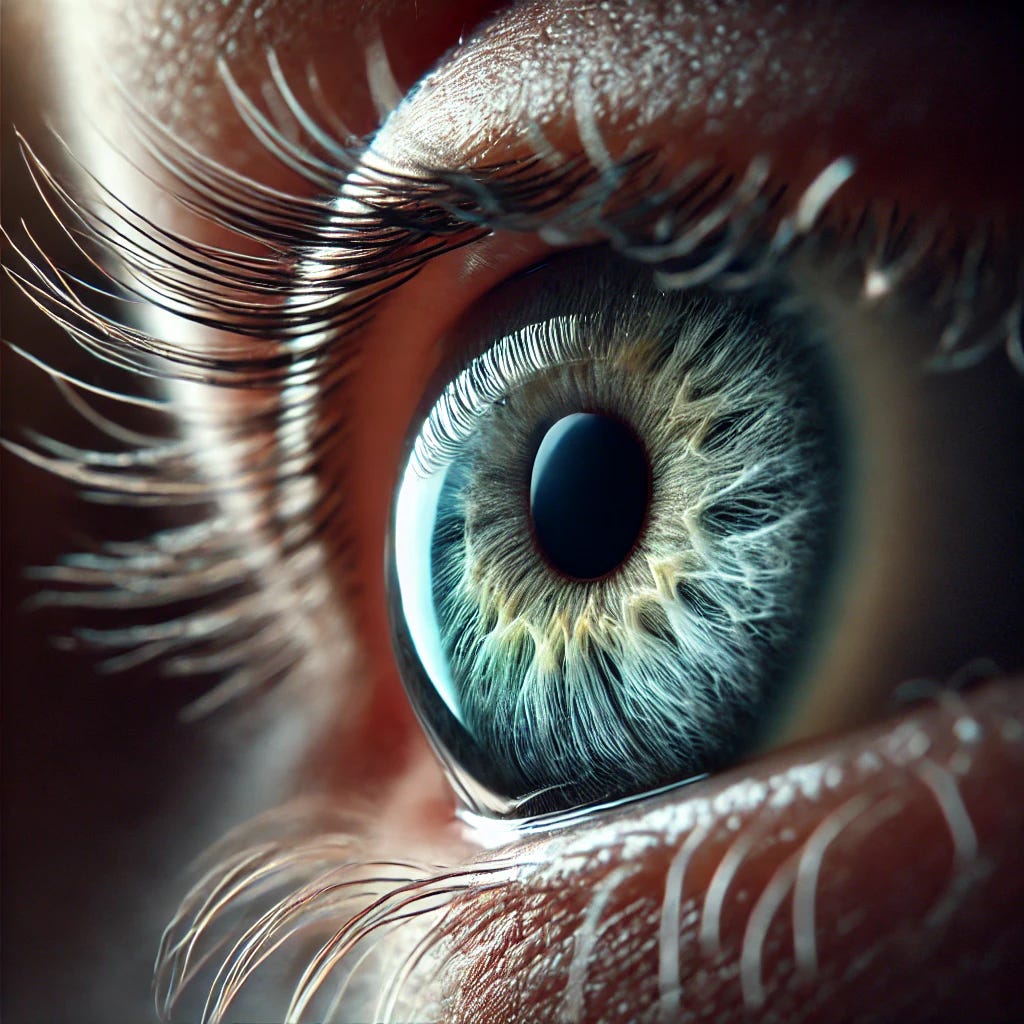When Glaucoma Affects More Than Sight: How Vision Loss Impacts Mental Health
Please hit the ❤️ at the top or bottom of this email to help others discover All About Vision With Dr. Kondrot. Your subscription directly supports my ongoing humanitarian work—delivering free eye surgeries and care where it's needed most.
🌃 Story at a Glance: When Glaucoma Hits Beyond the Eyesight
What the Research Says
A study published in JAMA Ophthalmology revealed that receiving a POAG diagnosis can lead to a noticeable drop in mental health. Patients’ visual function hadn’t significantly changed, but their mental wellbeing did.
Researchers used the validated Visual Function Questionnaire‑25 (VFQ‑25) to compare mental health before and after POAG diagnosis. The diagnosed group saw a mean decline of –6.5 points, compared to just –0.7 in controls.
Key Findings from the Study
📉 POAG diagnosis itself (even in early stages) is tied to increased anxiety and reduced mental health.
Emotional toll occurs without measurable vision loss at the time.
Patients may fear what the diagnosis means more than what they see decline.
Who’s at Risk?
Individuals diagnosed with early-stage POAG or those learning they’ve progressed from ocular hypertension.
People prone to anxiety or less prepared for the psychological implications of a chronic eye condition.
Outcome & Effect on Eye Health
📊 A mental health drop of –6.5 points on VFQ‑25 is meaningful; it can affect quality of life even if vision remains stable.
Worsening mental health may reduce treatment adherence, indirectly affecting long-term eye care outcomes.
What Can You Do to Protect Your Well‑Being (and Your Eyes)?
Open Conversations with Your Doctor
Ask not just, “What will happen to my vision?” but also, “How will this affect me emotionally?”
Build Support Systems
Join local support groups, either in-person or online. Knowing you're not alone can ease fear.
Prioritize Self-Care


